Cats can get a bad rap from people who aren’t “cat people.”
They’re too aloof. They’re sneaky. They’ll suck the breath out of a baby!
Cat lovers know that’s not true.
Cats are funny, friendly, smart and affectionate.
And admit it. The reason we get pets is because we want that unconditional, nonjudgmental love and devotion we don’t get from humans (except, for a lucky few of us, from our mothers).
Why else do we allow animals to roam the house, sleep in our beds (including the occasional little puddle of throw-up) and cost us money? Snowball and Rover, even as you read this, are shedding all over your living room rug and shredding the garbage in the kitchen for a reason.
They are there because of what they give back, and cats give back as well as dogs do.
Given that, it’s still hard for animal shelters to adopt out all the cats that fill their cages.
The Kennebec Valley Humane Society in Augusta normally has about 75 to 100 cats looking for homes, and kitten season is about to start.
“We usually have to do some creative promotions” to adopt out all the cats that pour into the shelter, Hillary Roberts, director of the shelter, said Tuesday.
That’s not unique to the Augusta shelter. The Franklin County shelter in Industry, for example, is offering free cat adoptions and low-price dog adoptions through Saturday in an attempt to “empty the shelter” before the spring cat influx begins.
It takes efforts like that to get people to bring cats home — and that’s the lovable ones.
So imagine the plight of the “unlovable” ones, the cats that have been on their own, unsocialized and un-cared for.
They are a very tough sell. Added to that, aside from the fact that those of us looking for that pet affection would stay away, those whose job it is to care for animals don’t want us adopting them.
That’s what prompted the Augusta shelter’s Barn Buddies program.
The program began last month, and the shelter as of this week has eight feral or semi-feral cats that need to go to a nice farm.
And by “nice farm,” I don’t mean my grandmother’s euphemism for putting them down.
They really do need a nice farm. Or any property with a place to roam outdoors and a sheltered area — a barn, stable or shed — to shelter in.
“None of these are lap cats,” Roberts said. Some of them, she said, don’t even want to be touched.
“They are never going to be your traditional house cat,” she said. She said so far the program has drawn a lot of interest but not resulted in a lot of adoptions.
Most of the cats for the program are brought in by animal control officers, because they are not easy to catch and need to be trapped.
Some are also brought in by farmers or other rural homeowners after they were dropped off at the wrong barn by someone. She said intake isn’t the focus of the program, but rather adopting out the ones who are brought in.
Just like humans who can’t quite get the hang of living in “normal” society’s narrow box, all they need is some understanding and a realization by someone that they’re worthwhile.
“They deserve a second chance,” Roberts said.
She said that besides an outdoor spot to roam, the Barn Buddies need shelter, regular food and water.
The cats will stick to a place if they get those things. “They will come back if they can rely on security and comfort,” she said.
And — this may surprise those who don’t like cats — they also often need the companionship of another cat.
Roberts said the two cats already adopted out in the program came into the shelter together.
“We encourage people to take two,” she said. “Lots of them are brought in together, and they establish a bond.”
All the cats in the program are spayed or neutered, checked for disease and given shots.
Once that’s done, their ears are notched. That’s a universal sign to animal control officers, Roberts said, that the cats have been seen by a veterinarian and they’ve been placed where they are and shouldn’t be taken away.
Being in the kennel is stressful for all the animals, but it’s particularly stressful for the Barn Buddies.
“They’re not used to living indoors,” she said. “Most of them want to hide.”
She knows there are people out there who may want or need a barn cat. But there may also be some people who didn’t know they wanted or needed one until now.
She stresses that while they won’t curl up with you in your bed or sit in your lap or play with a ball of yarn in the living room, the Barn Buddies will bring their own kind of satisfaction to an “owner.”
Not only will many of them work — think rodent control — but they’ll give someone that gratification that comes with doing the right thing. Think figurative warm and fuzzy instead of literal.
“Someone will have given these cats a chance, given them a life in an environment they’re comfortable in,” Roberts said. “It’s a win-win. It’s saving lives.”
Maureen Milliken is news editor for the Kennebec Journal and Morning Sentinel. Email her at mmilliken@centralmaine.com. Kennebec Tales is published the first and third Thursday of the month.
Send questions/comments to the editors.

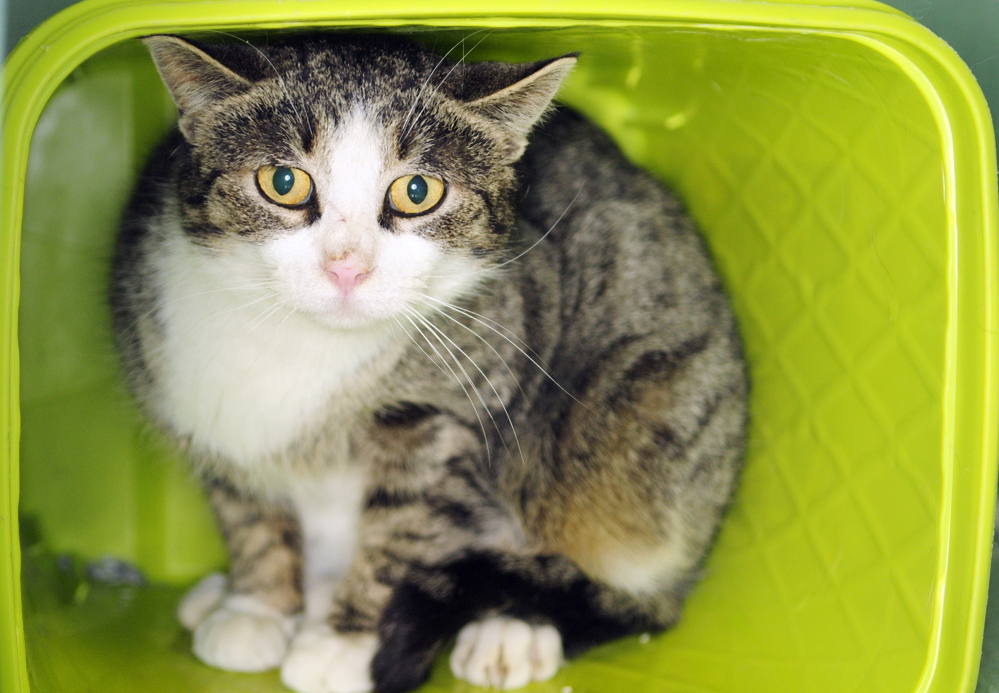
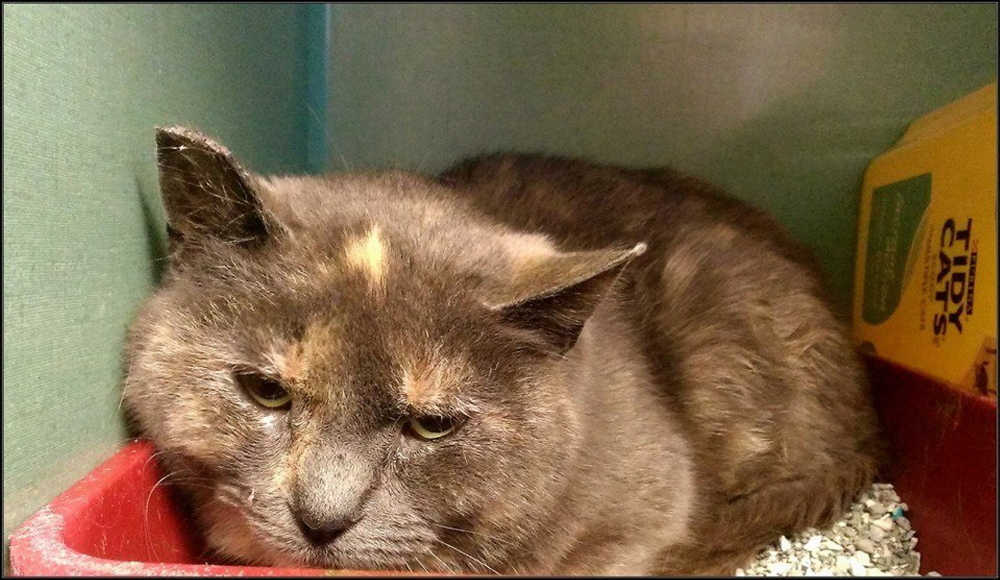
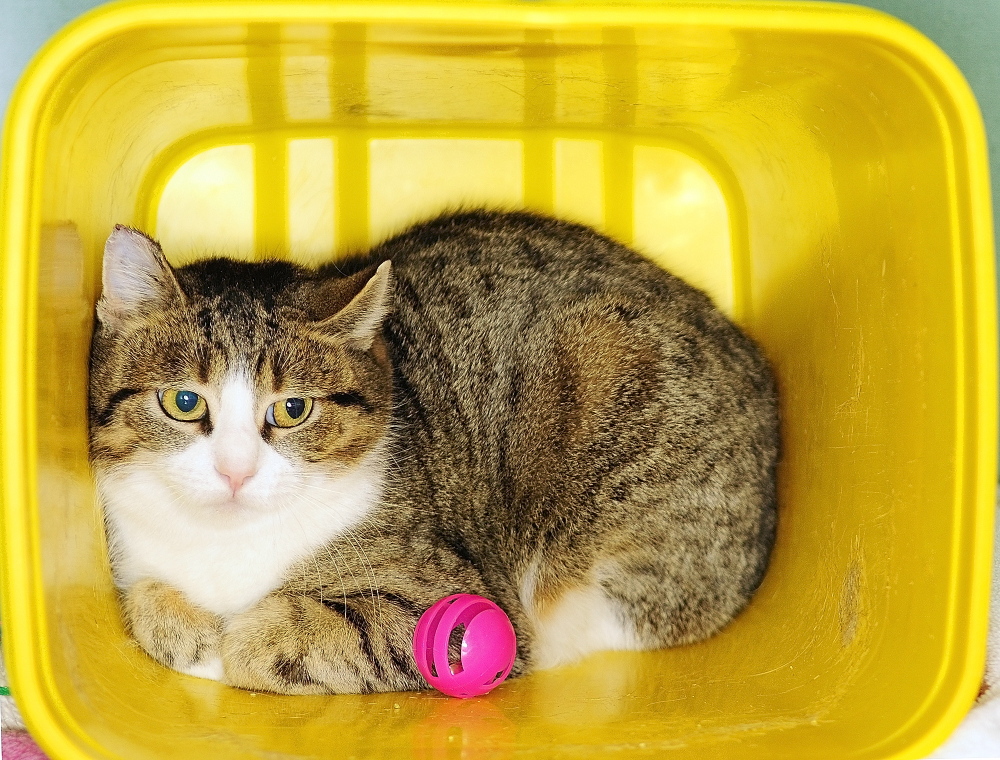
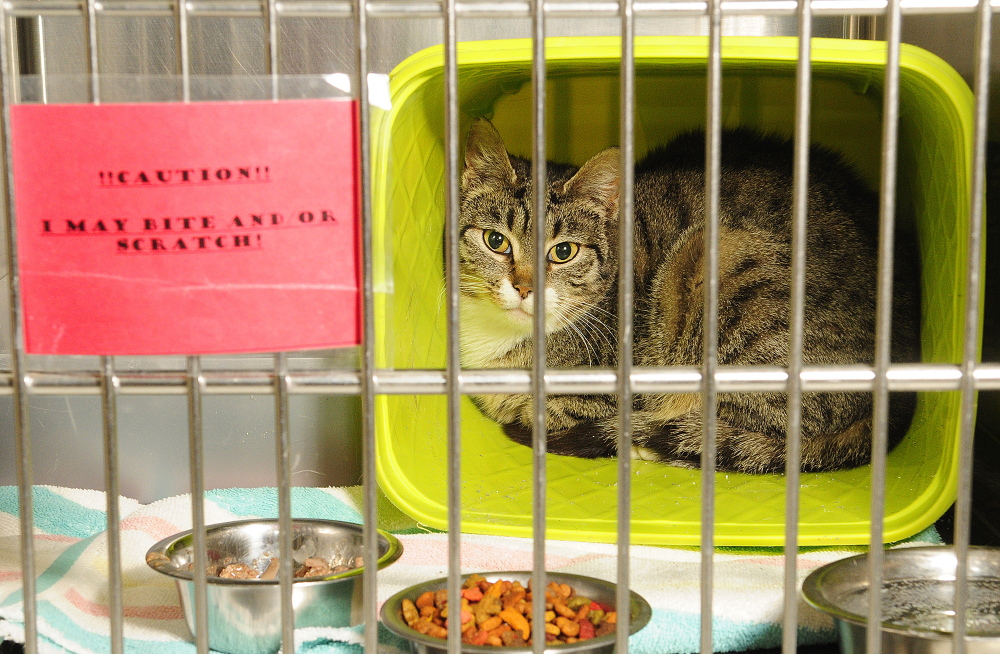
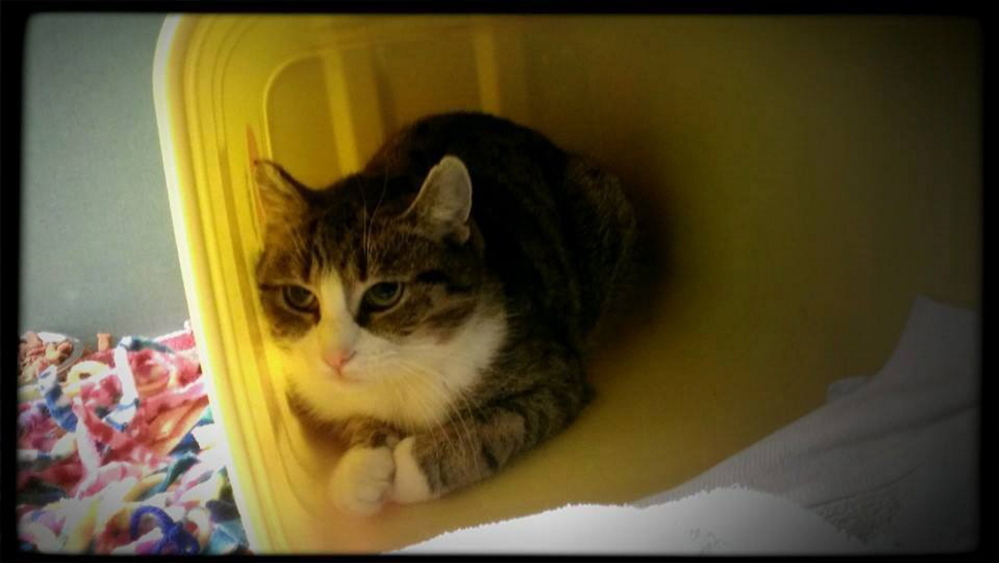

Comments are no longer available on this story